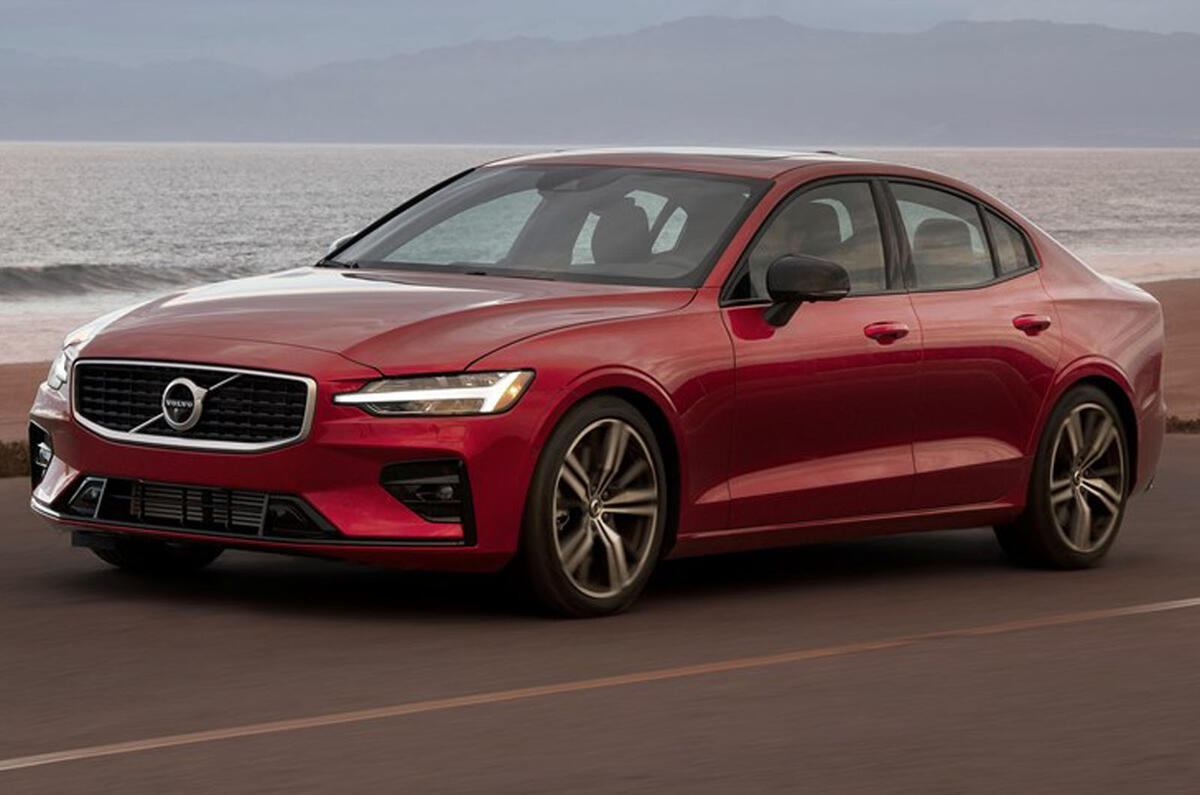Volvo, you might have read, is going to limit the top speed of all the cars it sells from 2021 onwards to 112mph (180km/h).
On the face of it this appears to be little more than a PR stunt to garner goodwill and head-nodding approval from legislators and the public at large. The company says it has made the move as part of its goal that no one should be killed or injured in a Volvo by 2020.
But how many road accidents actually happen at or above 112mph? Gary Baldwin, a forensic collision investigator with the Thames Valley Police, reckons the self-imposed top speed limit’s impact on road deaths will be negligible. “It’s an irrelevance,” he said. “I genuinely think it will have no effect whatsoever.”
There might be more to this than meets the eye, however. Last May the European Commission published a list of 12 new safety features it – or rather the European Transport Safety Council (ETSC), the EU’s go-to advisory body on road safety – wants mandated on new cars from 2021, including among them Intelligent speed assistance (ISA).
These things take time to implement, though, and it was only towards the end of last month that a committee of MEPs voted to approve that list – and there’s still more legislative wrangling to go before it’s all finalised.


Join the debate
DW04
Still think this whole idea
Still think this whole idea of Volvos is a total sham.... a slower future?????/ WHY??
volvo will regret they ever made this decision in later years.....
total madness!!?!?!?!!?!?
scrap
Folk said Volvo would regret
Folk said Volvo would regret their decision to not go above four cylinder engines too, but I don’t think they do.
What is interesting is how this might affect dynamics. Having tyres that no longer need to be rated at 155mph might improve ride comfort, for example.
DVB78
A Slower future
only in Germany maybe!
where else can you reasonably go above 110mph, apart from a track?
Dont really see what the fuss is about - most German cars are now restricted to 155mph
Will86
Hmmm
Volvo's annoucement is nothing more than a PR stunt, but ISA is an interesting idea. I can see the logic behind this - the roads are getting busier and not everyone can be trusted to play by the rules. Why should one person's decision to speed impact on another innocent party?
However technology is not perfect - if your car thinks the limit is still 30 as it has missed the derestricted sign, your going to get pretty frustrated with it, as are those behind you. And Councils will have to do more to keep speed limit signs visible which in rural areas will be challenge especially in the summer. Plus, it is taking away the discretion of the driver to adapt to road conditions.
As for a slower future - we're already there. Speed limits are being reduced in numerous areas but I can't recall the last time one was increased.
Add your comment